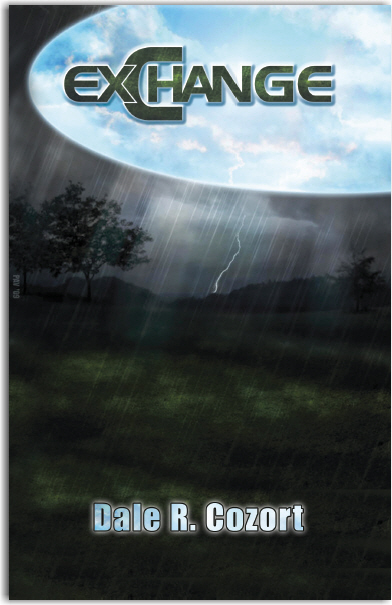The
Rif tribes in the interior of Morocco kicked the butts of the
Spanish, who ruled a northern sliver of Morocco in the early 1920s,
but then the tribes attacked French-held territory. Spain and
France united to crush the tribes. A poster on
AlternateHistory.com asked what would have happened if the Rif tribes
hadn’t attacked French Morocco.
The
problem here is that France correctly felt that the Rif rebellion was
becoming a threat to their rule in the French part of Morocco. They
did a passive aggressive strategy to force the Rif rebellion's
leadership to attack them. As I recall it, they moved forces into
areas that were technically part of French Morocco but had never
really been under French direct control. That threatened the food
supply of the rebel area. The rebels pretty much had to attack.
The
question then becomes: How can you keep the French from feeling
threatened enough by the Rif rebellion, or from taking action against
that threat?
I've toyed with a timeline that might do that.
From old and possibly wrong on a few details memory, the situation
developed like this:
Spain pushed aggressively and brutally
into the mountainous interior of their part of Morocco, which they
had previously left alone. They got their butts handed to them by the
local tribes, losing a lot of men and supplies, but persisted in the
fight. There was one point where the White Russian general Wrangel
offered to recruit men from his exiled and now unemployed White
Russian army to fight in the Rif. He got turned down. (That’s
an interesting potential Point of Divergence in and of itself, but
for another time) Eventually the Spanish public got tired of fighting
and losing in the Rif, and parliament started investigating army
corruption.
Primo de Revera staged a coup in Spain. He played
the Morocco issue smart. He consolidated surviving Spanish forces in
Morocco and threatened to withdraw completely unless sufficient
forces were sent to put down the rebellion. That did several things:
First, it cut the rebellion off from its best source of weapons which
was overextended Spanish troops. Second, it opened up latent rifts in
the rebellion, which was a coalition of usually warring tribes
brought together by a small core of educated men who wanted to
establish a modern Riffian state complete with modern army and flag.
With the Spanish no longer in their territory, the old feuds came to
the fore, as did tensions between the tribes, who just wanted to be
left alone, and the modernizers who realized that the Rif was going
to be controlled by a nation, whether it be their own or somebody
else. Third, it brought France off the sidelines. The French had been
quite willing to sit on sidelines, figuring the Rif war was karma for
the Spanish allowing the Germans to intrigue in Morocco during World
War I. Primo de Rivera's moves and threats forced France off the
sidelines.
So how do you avoid that sequence of events? Maybe
the Rivera coup fails or launches the Spanish Civil War over a decade
early. Maybe parliament is a little more conscious of the
consequences of investigating the guys with the guns and the military
doesn't find it necessary to do a coup at least not yet.
In
any case, Spain pursues the same strategy they've been pursuing in
the Rif, putting more men into the grinder for another three or four
years. By that time, the Spanish are totally exhausted financially.
The public will not put up with continued war. Spain doesn't just
threaten to totally withdraw. It does. The French are threatened at
that point, but they are also entering the 'hollow years', the years
where kids that should have been born during World War I but weren't
should have been coming into service. The anti-war sentiment that had
been building in the aftermath of World War I has had more time to
develop. Do they react aggressively at that point? I don't know. They
would still have a motive to, but the cost would be higher and the
will to fight lower. If they did gear up and fight the Rif tribes on
their own in say 1928 or 1929, that would have an interesting impact
on their army in World War II--a lot more combat experienced
reservists in the B-series division for one thing.
Posted
on Feb 4, 2012.
More
Stuff For POD Members Only
What you see here is a
truncated on-line version of
a larger zine that I contribute to POD, the alternate history
APA. POD members get to look forward to more fun stuff.
